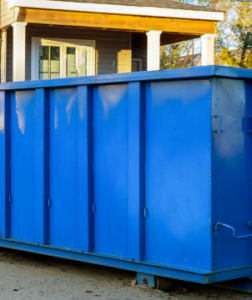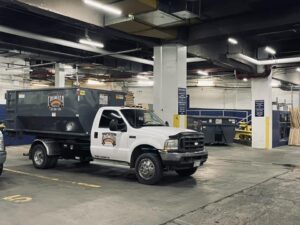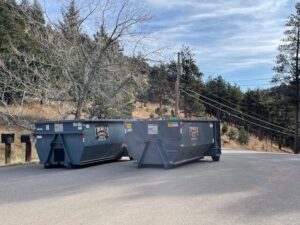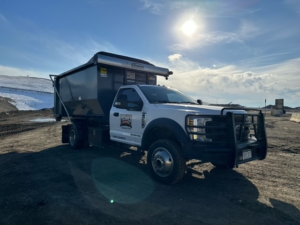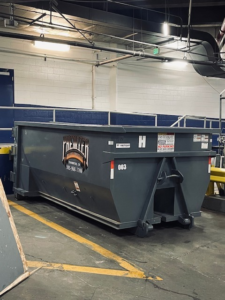Dumpsters are fundamental for managing waste. But understanding their weight limits is crucial. If you happen to exceed these limits, it can lead to additional fees and complications while getting rid of your waste.
It’s essential to grasp these rules about weight and embrace effective ways to handle it. By comprehending these weight limitations and adopting practical management strategies, you can easily sidestep potential overages and ensure a seamless waste disposal process, saving you both time and money.
Understanding Weight Limit Implications
Dumpster rental agreements often stipulate weight limits. Going beyond these thresholds incurs extra charges, commonly applied per ton of excess weight. Besides financial consequences, overloaded dumpsters pose safety risks during transportation and disposal, potentially causing accidents, damaging equipment, or resulting in the refusal of refuse collection services. It’s vital to heed these limits for both cost efficiency and safety in waste management practices.
Accurate Estimation of Debris Weight
Estimating debris weight accurately is fundamental in waste management. Heavy materials like concrete or construction debris notably impact weight. Calculating material volume and density assists in approximating weight, preventing potential overages.
This meticulous estimation ensures efficient disposal, averting additional charges and safety hazards. Understanding material weight characteristics helps maintain dumpster limits, facilitating a smooth waste disposal process while ensuring cost-effectiveness and safety.
Effective Debris Weight Management
Balancing and managing the weight of debris within the dumpster requires a well-thought-out plan. It’s essential to begin by positioning heavier items at the bottom and ensuring an even distribution throughout. Breaking down larger items also plays a significant role in optimizing both space and weight distribution, thereby enhancing the efficiency of waste disposal. By employing these thoughtful tactics, waste management becomes more effective, ensuring better utilization of the dumpster’s capacity.
Tips to Prevent Overages
Segregating recyclables significantly reduces the overall load. Dispose of bulkier items separately or in specialized containers to avoid excess weight accumulation. It’s crucial to monitor waste accumulation levels regularly. If nearing weight limits, scheduling extra pickups promptly can prevent exceeding those thresholds. These strategies aid in efficient waste management, ensuring compliance with weight limits and facilitating hassle-free disposal.
Conclusion: Ensuring Efficient Waste Management
Understanding dumpster weight limits is critical for successful waste management. By grasping the implications, accurately estimating debris weight, and implementing prudent management strategies, individuals and businesses can avoid overages. Consistent monitoring and strategic disposal methods ensure cost-effective and safe waste management practices.
Tailored and Affordable Waste Management Solutions
Premier Roll Off Services offers cost-effective waste management solutions in Denver and Thornton. Our services include residential and commercial junk hauling and roll-off dumpster rentals.
With options like 10 and 15-yard dumpster rentals, we cater to various waste disposal needs. Whether it’s commercial waste hauling in Denver or residential clutter, our team ensures prompt and reliable waste removal. Benefit from our efficient junk removal services and dependable dumpster rental options.
Contact Premier Roll Off Services today for personalized, affordable, and efficient waste management solutions in Denver and Thornton.

